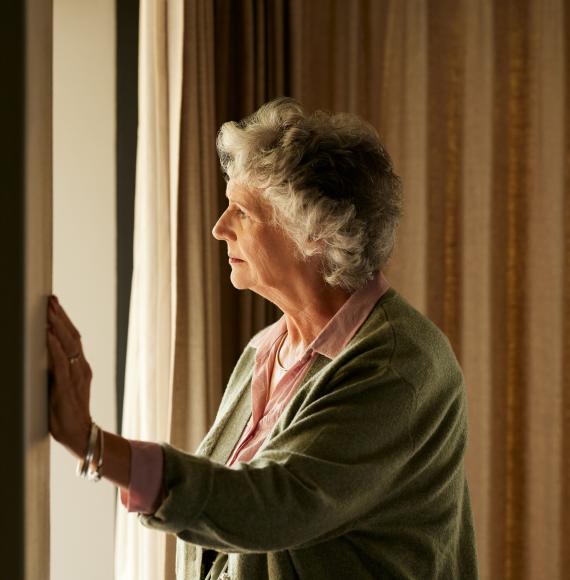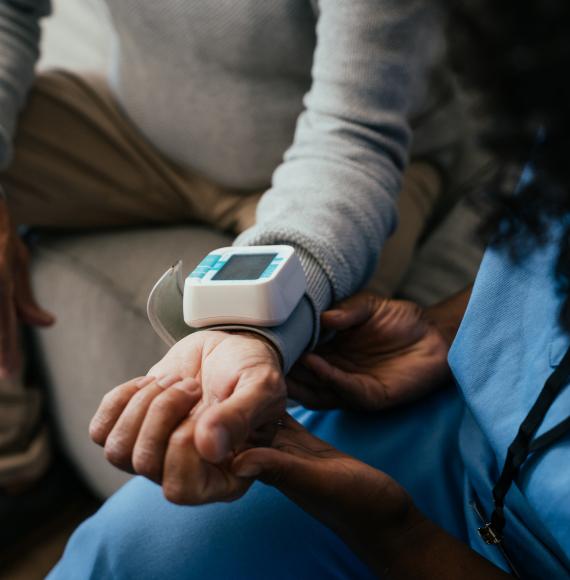Social media giants, Digital Secretary Oliver Dowden and Health Secretary Matt Hancock have reached an agreed of new measures to limit the spread of vaccine misinformation and disinformation and help people find the information they need about any Covid-19 vaccine.
Following a major roundtable discussion, Facebook, Twitter and Google committed to the principle that no company should profit from or promote Covid-19 anti-vaccines disinformation, to respond to flagged content more quickly, and to work with authorities to promote scientifically accurate messages.
As the UK moves closer to creating a safe and effective Covid-19 vaccine, Mr Dowden and Mr Hancock used the roundtable to welcome the progress these companies have made in strengthening their policies towards incorrect and fake coronavirus information and helping broadcast the steps people should take to prevent the spread of the virus.
Although, the ministers did express their worries about the length of time deceptive and false information about Covid-19 vaccines remains on platforms, and called for quicker action to be taken in controlling this sort of content.
Together the platforms have now agreed:
- To pledge to the principle that no user or company should directly profit from Covid-19 vaccine mis/disinformation. This removes an incentive for this type of content to be promoted, produced and be circulated.
- To guarantee a fast response to mis/disinformation content flagged to them by the government.
- To continue to work with public health bodies to make sure that authoritative messages about vaccine safety reach as many people as possible.
- To join new policy forums over the coming months to improve responses to mis/disinformation and to prepare for future threats.
Digital Secretary Oliver Dowden said: “Covid disinformation is dangerous and could cost lives. While social media companies are taking steps to stop it spreading on their platforms there is much more that can be done.
“So, I welcome this new commitment from social media giants not to profit from or promote flagged anti-vax content, given that making money from this dangerous content would be wrong.”
Health Secretary Matt Hancock said: “After clean water, vaccination is the most effective public health intervention in the world and has saved countless lives across the globe, eradicating one disease entirely.
“I am encouraged that social media companies have agreed to do more to prevent the spread of dangerous misinformation and disinformation on their platforms.
“We want users to have greater access to reliable and scientifically-accurate information on vaccines from trusted sources like the NHS so they can make informed decisions to protect themselves and their loved ones.”
Rebecca Stimson, Facebook’s Head of UK Public Policy, said: “We’re working closely with governments and health authorities to stop harmful misinformation from spreading on our platforms. Ads that include vaccine hoaxes or discourage people from getting a vaccine are banned, we remove harmful misinformation about Covid-19 and put warning labels over posts marked as false by third party fact checkers.
“We’re also connecting people to accurate information about vaccines and Covid-19 whenever they search for these topics. In the first months of the pandemic we directed more than 3.5 million visits to official advice from the NHS and UK government and we’re pleased to continue to support public health efforts.”



















